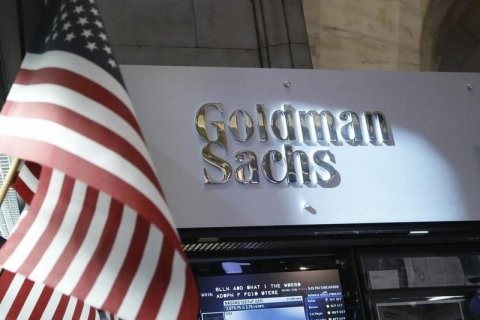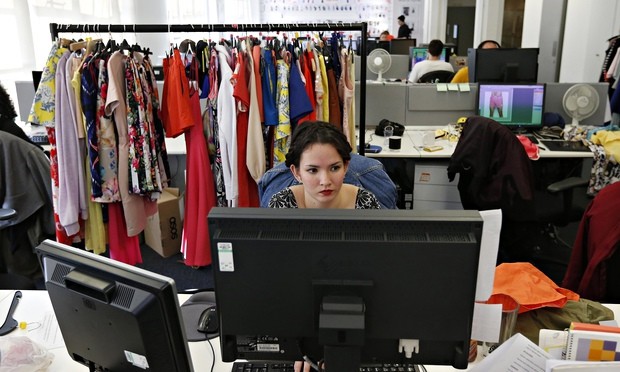Group shopping and the newest billiondollar internet startup
Post on: 8 Июнь, 2015 No Comment

Meet the newest billion-dollar internet startup: Groupon. Russian firm Digital Sky Technologies, which has provided big funding for other big startups in the social space, namely Facebook and Zynga, has led a $135m investment in the young but profitable Chicago-based startup. The valuation: a cool $1.2bn valuation, which some observers believe is still cheap .
Groupon is attracting a lot of attention these days, and for good reason. The U.S.-based group shopping service has fueled a worldwide gold rush in the group shopping space.
As Mashable’s Pete Cashmore notes. the timing seems right for group shopping, a concept that was tried in the first .com boom but is only now realizing its potential. That potential is reportedly being translated into hundreds of millions of dollars a year in annual revenue for Groupon.
But does Groupon’s valuation make sense? And is group shopping a fad or a long-term trend that we need to pay attention to? Here are some thoughts on what could be an important development in convergence of community, retail and local advertising, or something we’ll all forget in a couple of years.
Is Groupon really worth more than $1bn?
The group shopping trend that Groupon is leading is elegantly simple. So simple, in fact, that it’s easy to question whether such a company could be worth more than $1bn at this stage of its life. While Groupon, by almost all accounts, is making money hand over fist, Groupon doesn’t have any obvious technological advantage, something that is evidenced by the rapidly growing number of Groupon clones that are popping up around the world.
Groupon wannabes will certainly have a hard time competing against Groupon, especially in the cities that it is already popular in. But those competitors could potentially eat into Groupon’s margins.
After all, group shopping is all about the deals, and a Groupon competitor willing to take a 10-20% commission, for instance, instead of Groupon’s rumored 30-50% standard commission, may be able to lure local businesses. Even if they don’t deliver customers, the price competition could be problematic. And over time, the widespread availability of deals from the same local businesses could erode these services’ appeal with consumers as the deals seem to become a little less spectacular.
So even though Groupon is doing very, very well, it’s my opinion that its valuation has far more to do with the scarcity of standout startups. For venture capitalists with money to invest in consumer internet startups, there are relatively few startups that offer IPO potential and can justify really big bets. Groupon is part of this elite group, along with other companies such as Facebook and Zynga. That doesn’t necessarily mean these big bets are good, or that Groupon is worth $1bn, but it does reflect the fact that VCs are willing to pay a premium for startups like Groupon.
Can Groupon and group shopping’s success last?

Groupon has aggressive plans to expand its footprint in the United States and beyond. And its arguably the best-positioned to do so. But the long-term viability of today’s group shopping market is far from certain.
One big reason: ROI. It’s particularly unclear whether or not the local businesses that the company serves will come to love the group shopping model. If Groupon and companies like it can help local businesses acquire new, long-term customers, they’ll continue to do well. But there’s no guarantee that Groupon will deliver new customers, or customers who keep coming back for more.
In the worst case, a business may end up serving hundreds or even thousands of customers at minimal margin with no long-term gain in sight. When all is said and done, serving 1,000 new customers at little to no profit is not much better than serving a handful at profit. Group shopping therefore has to deliver more than customers long-term; it has to deliver ROI.
The good news.
The good news for Groupon and other players in the group shopping space is that there’s room for innovation. Already, startups like Homerun are taking the basic group shopping concept and building on it. Some of the twists that get added to the model may work, while others may be too complicated to catch on. But make no doubt about it: group shopping won’t be the same a year from now.














